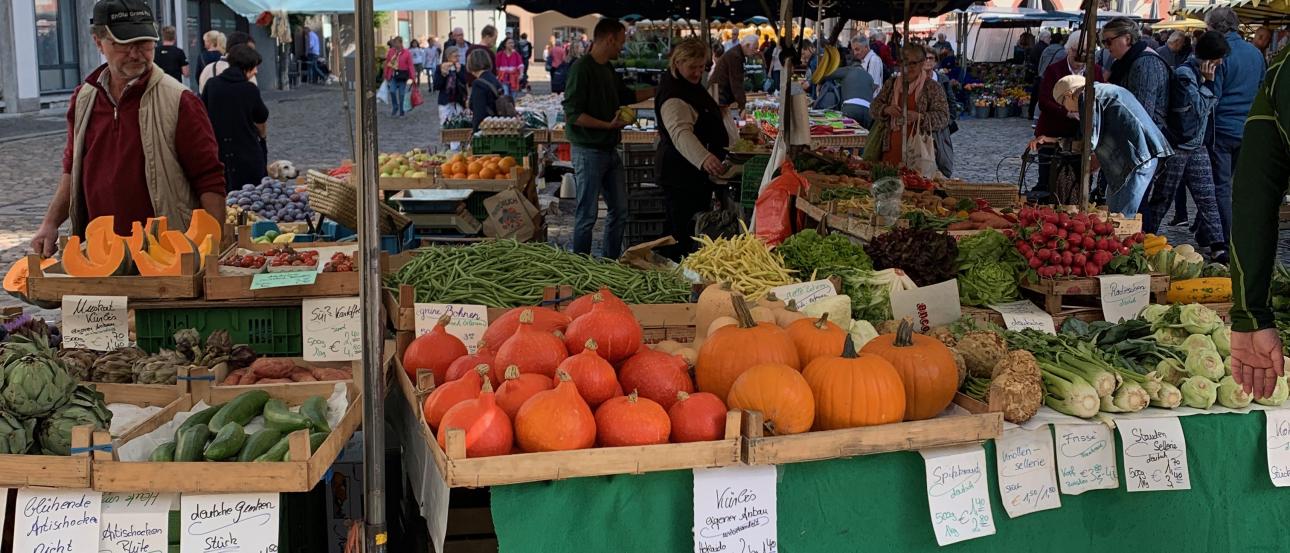In most cases of study abroad, it should not come as a surprise that your new 'home away from home' speaks a different language. Maybe you speak that country’s language, maybe you are learning that language, or maybe you do not speak it at all. No matter the case, that language barrier is still there and adds to the experience of culture shock.
For a lot of students, this transition is made easier by the fact that English is a global language and many foreign countries teach and speak it as a second language. This has been the case in my personal experience living in Freiburg. Although many people who live and work in Freiburg speak English, here are some of the difficulties I have experienced not knowing the native language of German.
Reading a Menu: This may seem like a silly thing to find challenging, but it is also pretty simple. You want to know what you are ordering so that you can know you will enjoy what you are eating—especially if you have dietary restrictions or allergies. Even though the staff at the restaurant may speak and understand English, that does not necessarily mean the restaurant or café has a menu in English.
Going to a Pharmacy: Going through new brands of medicines can be difficult enough, let alone trying to translate exactly what is in the medicine and possible symptoms word for word.
Public Transportation Directions: It is hard to know which way to turn, which street to take, how to direct your taxi driver, or which train to get on when you can’t read an unfamiliar map in a different language.
These are not major things and have been easy to overcome, but I still suggest learning the native language of your study abroad home. These difficulties will soon go by the wayside after a week or two of basic language-intensive training. Additionally, just the simple attempt to talk to a person, order or ask for something in German, or say thank you in German will have a positive effect on your study abroad experience. You may not be able to pronounce everything perfectly and you may mess up the grammar, but your effort will make the recipient of that effort smile and will help you start to feel like you fit into your new community better.

Elizabeth Thies
My name is Elizabeth Thies and I am originally from Medina, Ohio but I now live in Washington, D.C. as a rising senior at George Washington University studying International Affairs. I am passionate about traveling and learning foreign languages as I speak English and Spanish while learning Russian and German. I also really love staying active and am on GW's Women's Club Volleyball team and am an avid SCUBA diver. Spending time with animals (dogs are my favorite) never fails to make my day! Lastly, I am a huge book geek and am constantly reading my favorite genre of historical non-fiction.









